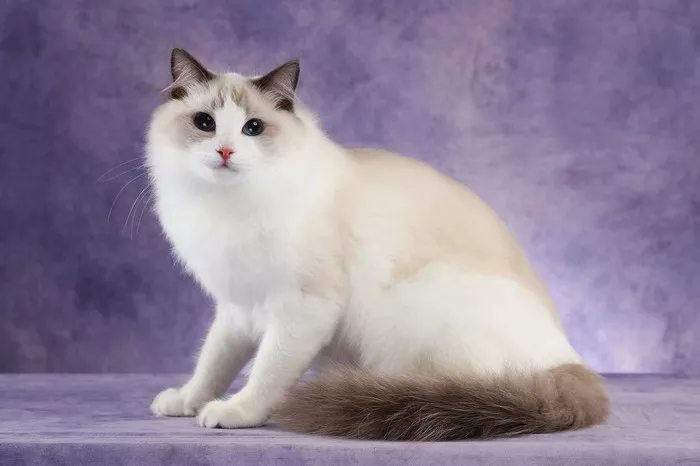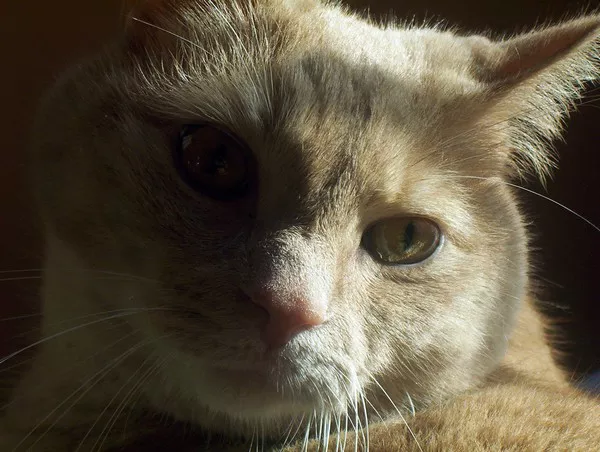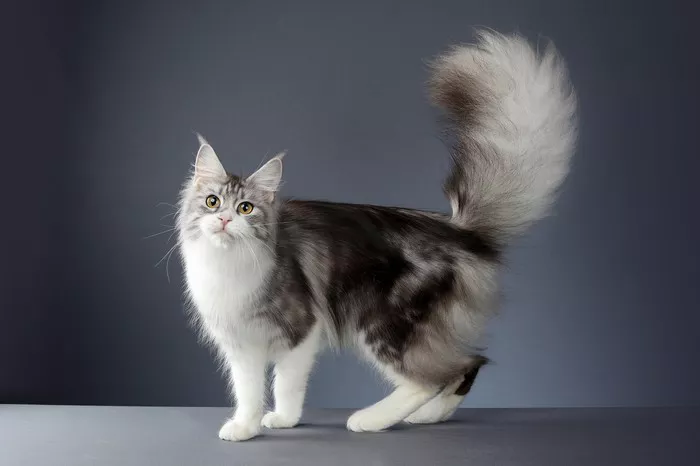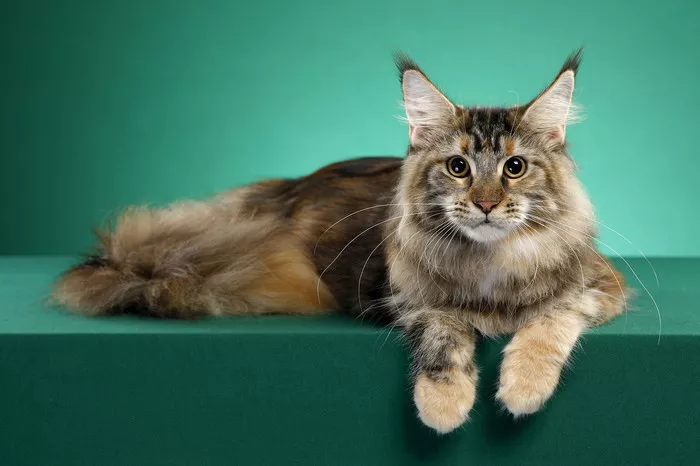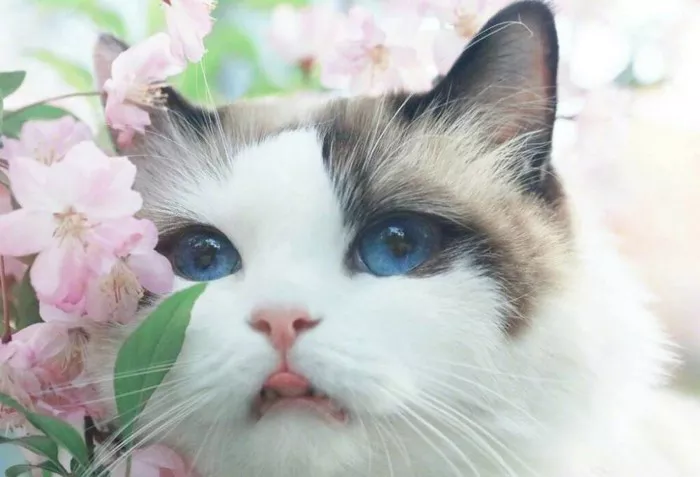Introduction:
Ragdoll cats, known for their serene temperament, striking blue eyes, and luxurious semi-longhair coats, have enchanted feline enthusiasts for decades. If you are considering adopting or already share your life with one of these magnificent creatures, you may be curious about their average lifespan. In this article, we delve into the longevity of Ragdoll cats, exploring the factors that contribute to their lifespan and offering insights into how to promote their well-being for a fulfilling and extended life.
The Journey of a Ragdoll:
Ragdolls, often described as “puppy-like” cats due to their gentle nature and propensity for following their humans around, are a relatively young breed that originated in California in the 1960s. While individual Ragdoll cats’ lifespans can vary, they are generally recognized as a breed with an impressive lifespan. On average, Ragdoll cats can live between 12 to 15 years, and many have been known to surpass these expectations, reaching their late teens and sometimes even early twenties.
Factors Influencing Longevity:
Several factors play a role in determining the lifespan of Ragdoll cats, ensuring they enjoy a healthy and fulfilling life by their human companions’ side.
Genetics: Responsible and reputable breeders prioritize the health and longevity of Ragdoll cats through careful selection and breeding practices. By minimizing the risk of hereditary diseases and promoting overall health, ethical breeders contribute to longer lifespans in Ragdolls.
Nutrition: Providing a well-balanced and appropriate diet is crucial for the overall well-being and longevity of Ragdoll cats. High-quality cat food, specifically formulated for their life stage, ensures they receive the necessary nutrients, vitamins, and minerals to thrive.
Veterinary Care: Regular veterinary check-ups, vaccinations, and preventive care are essential for maintaining the health of Ragdoll cats. Routine examinations help detect any potential health issues early on, enabling prompt intervention and treatment.
Exercise and Mental Stimulation: Ragdoll cats, despite their calm demeanor, require regular exercise and mental stimulation to keep them physically fit and mentally engaged. Playtime, interactive toys, and scratching posts are great tools for providing them with the necessary activity and mental enrichment.
Indoor Lifestyle: Keeping Ragdoll cats as indoor pets significantly contributes to their longevity. Indoor living protects them from potential dangers such as predators, accidents, exposure to infectious diseases, and harsh weather conditions.
Common Health Concerns:
While Ragdoll cats are generally robust, like any breed, they may be prone to certain health issues. Being aware of these conditions can help in early detection and timely intervention. Common health concerns in Ragdoll cats may include:
Hypertrophic Cardiomyopathy (HCM): HCM is a heart disease that can affect Ragdoll cats. Regular cardiac screenings by a veterinarian and genetic testing for breeding cats can help identify potential issues and manage them appropriately.
Polycystic Kidney Disease (PKD): PKD is an inherited condition characterized by the development of cysts in the kidneys. Responsible breeders conduct genetic testing to minimize the risk of this disease, and regular check-ups can help monitor kidney health.
Feline Lower Urinary Tract Disease (FLUTD): Ragdoll cats may be prone to urinary issues, including bladder stones and urinary tract infections. Providing ample fresh water, a balanced diet, and maintaining good litter box hygiene can help prevent these conditions.
Conclusion:
Ragdoll cats, with their enchanting looks and gentle demeanor, make for wonderful companions. With proper care, nutrition, and regular veterinary attention, Ragdoll cats can live long, healthy lives, enriching the lives of their human families. By understanding the factors that

